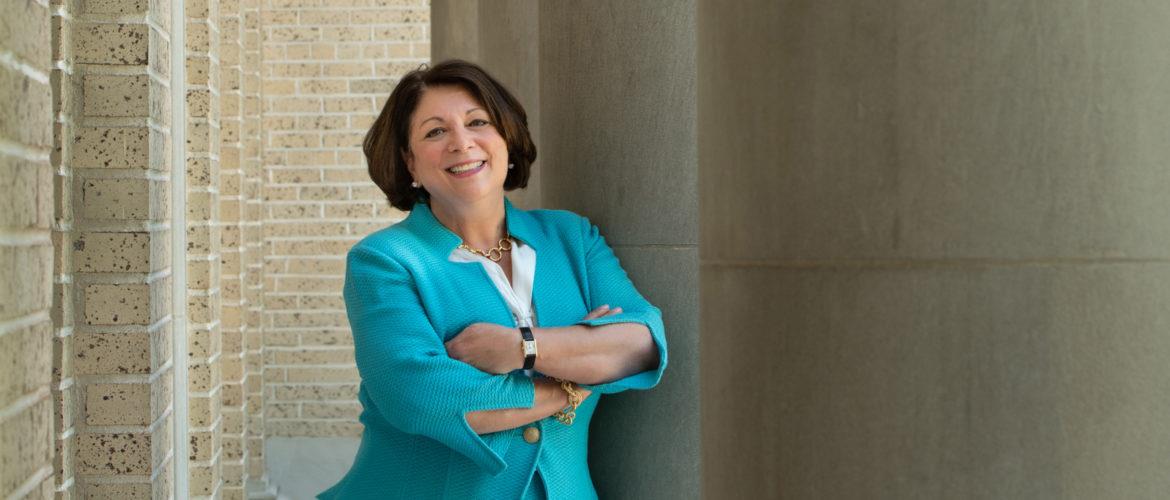 Last Wednesday, Dr Joyce McConnell, President of CSU and RCFC member, delivered her second annual review of the “State of the University”. No surprise - it was predominantly about COVID (much like everything else in our lives). Emphasizing CSU as a member of our community, Dr McConnell shared that she meets regularly with members of the local community, now focused on sharing data with public health officials at the city, county and state level. Review the presentation at:
Last Wednesday, Dr Joyce McConnell, President of CSU and RCFC member, delivered her second annual review of the “State of the University”. No surprise - it was predominantly about COVID (much like everything else in our lives). Emphasizing CSU as a member of our community, Dr McConnell shared that she meets regularly with members of the local community, now focused on sharing data with public health officials at the city, county and state level. Review the presentation at: https://us02web.zoom.us/rec/share/DLWk1w82RwUiIZl_0wf4h2SB6-BI8nPu-nuvibRosyTzPBbhT8zwDo9mCCQ6RS_u.iRqEwrI2eQJel7sQ
Last March, as the pandemic was emerging coincided with Spring Break at CSU. At this time knowledge of the illness was scanty (and scary) and the tools to control infection (masks, sanitizers, etc.) were in short supply. The decision was made to continue the semester primarily as a virtual experience for most students. On site employees were limited to essential workers.
Since then we have witnessed many changes. Adequate COVID testing is available and evolving from unpleasant nasal swabbing (PCR) to saliva testing (validated at CSU). Broken supply chains have been restored and wipes, sanitizers and masks are widely available on campus. A “CSU dashboard” provides information on how to be safe as well as contact tracing and quarantine/isolation instructions.
On campus procedures include a requirement for daily symptomatic checking, cancelation of all in person events, creation of academic spaces (with seating charts) and increased/improved air ventilation. More than 800 sanitization stations have been created (locally manufactured).
Under the heading of “Education and Enforcement”, students are generally complying with campus rules (most student cases seem to be currently spread by small student groups rather than the large gatherings as seen at other schools) and written guidelines for supervisors and faculty have been distributed. A student Resolution Center has been created, which cooperates with CSUPD, Ft Collins PD and the Larimer County Sheriff.
Testing for Coronavirus infection has evolved since March and CSU is ahead of the rest of the country. The saliva test is about to go live. Turnaround time for traditional PCR results is now down to 24 hours. Waste water screening is going on at 17 sites and 8000 tests have been performed. Such testing is positive often before symptoms start and while in-person testing may still be negative. Water testing is focused on student housing sites and allows further targeted testing for potential isolation (positive PCR) or close contacts (quarantine).
Corbett Hall has provided a “ready- made” facility for isolation and quarantining. The positive results of all these efforts at CSU are clear-an overall prevalence rate for the virus of 0.1%; no documented classroom transmission; recent absence of large parties and a general “all in” spirit on campus. “Beyond campus” achievements are remarkable - CSU was recognized as #4 in the world for COVID research; CSU officials were invited to a national conference on COVID and college campus along with Notre Dame - demonstrating the spectrum of “success” on campuses with this infection.
Q&A helped illustrate a number of important points - there have been only 432 cases in a student population of 32,000; the “culture” at CSU contrasts with that at CU; $10 million has been spent on testing (in the face of dramatic losses this year in university revenue), and , remarkably, there have been no employee layoffs this semester.
The spirit of academic optimism was clear with Dr McConnell’s statement “never squander a crisis”. Hopefully, next year’s “State of the University” can focus on other issues besides virology. We thank a very busy president for taking time to share with our club.